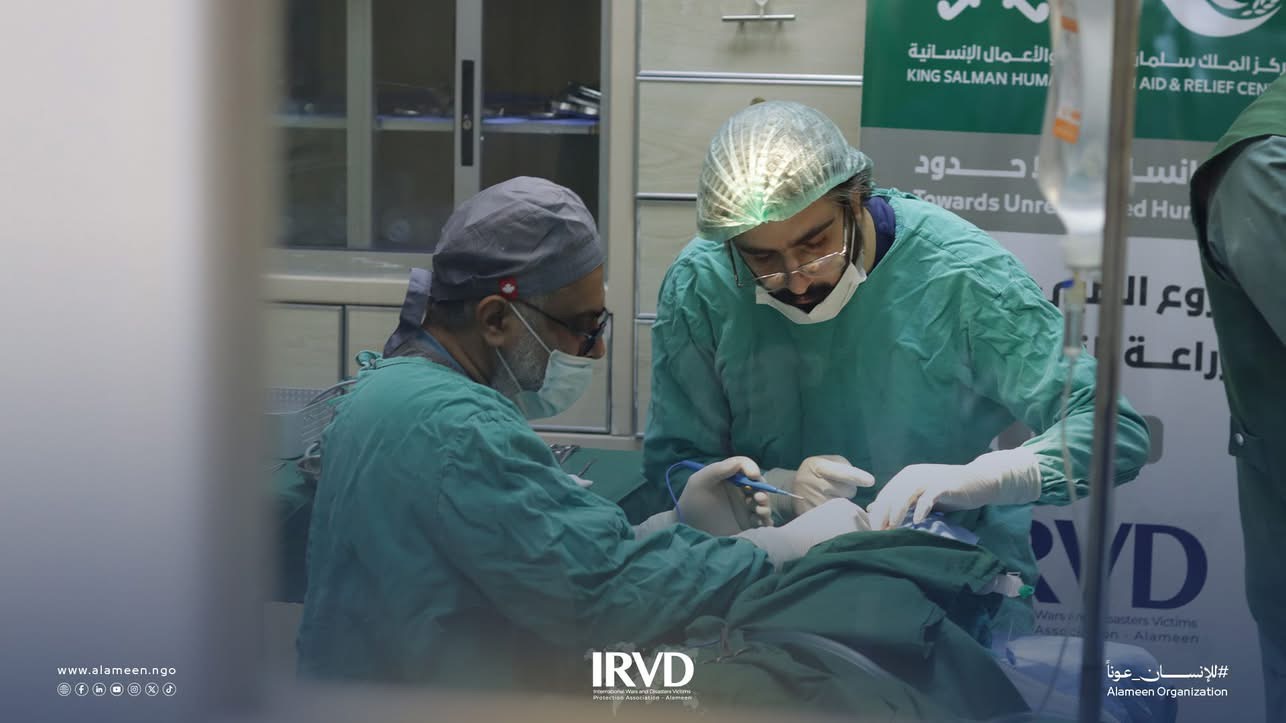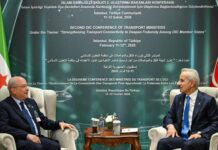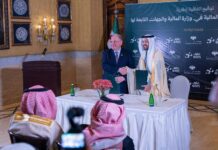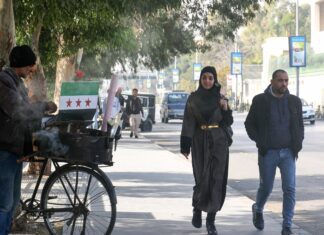
The improvement of Syrian-Saudi relations has paved the way for significant advancements in humanitarian aid through initiatives like the Amal (Hope) Program, funded by the King Salman Humanitarian Aid and Relief Center. This program exemplifies how diplomatic efforts are illustrated in charities for people in need. As it continues to provide vital medical services, the Amal Program stands as a testament to the power of cooperation in addressing humanitarian crises and fostering hope for a brighter future in Syria.
Bringing Hope Through the Amal Program
The Amal Program launched a number of qualitative projects throughout Syria with the aim of improving the health situation and enhancing services provided to citizens in various areas. Projects include support for primary healthcare services, kidney dialysis, cochlear and corneal implants, prosthetic limbs, pediatric oncology treatment, specialized surgeries, and the provision of visual and auditory aids. The program also includes the rehabilitation of healthcare infrastructure and the enhancement of the capabilities of medical staff in addition to providing psychological support.
The initiative equipped dialysis centers with medical equipment, supplies, and dialysis solutions in 14 Syrian governorates. It also included the provision of 454 advanced dialysis machines as a first phase, contributing to supporting kidney failure patients, alleviating the burden on patients, and developing healthcare facilities.
Concerning the pediatric oncology surgery campaign, this initiative comes in light of the urgent need to support children with tumors providing hope for them and their families. It contributes to saving the lives of many children and alleviating the suffering of families.
The ear, nose, and throat surgery campaign has also been launched at Mujtahid Hospital in Damascus. This campaign aims to provide specialized surgical services to patients suffering from respiratory and hearing health problems, contributing to their comprehensive rehabilitation and improvement of their capabilities.
The campaign is supervised by a group of specialized doctors. Cochlear implant surgeries are performed using the latest global technologies, while post-operative hearing and speech rehabilitation programs aim to provide the best results and enhance children’s ability to communicate and integrate into society.
This campaign embodies the shared commitment of humanitarian and medical organizations to support and empower children to communicate freely and provide them and their families with new life opportunities.








